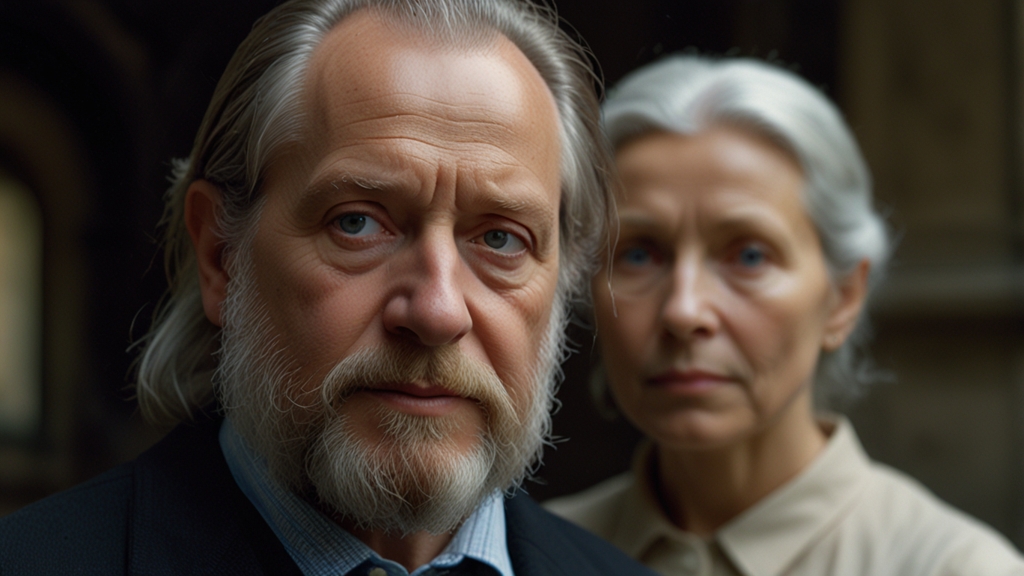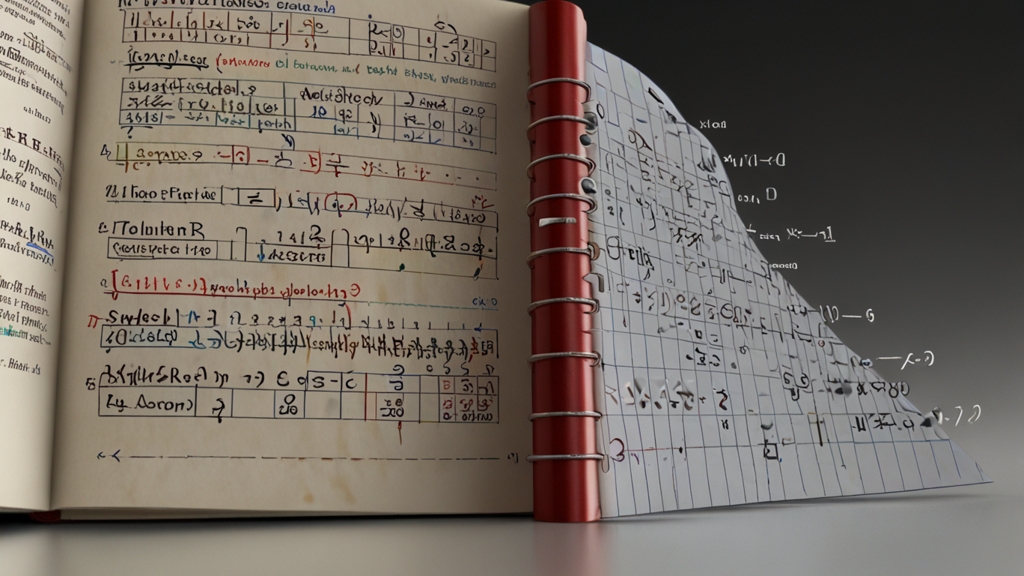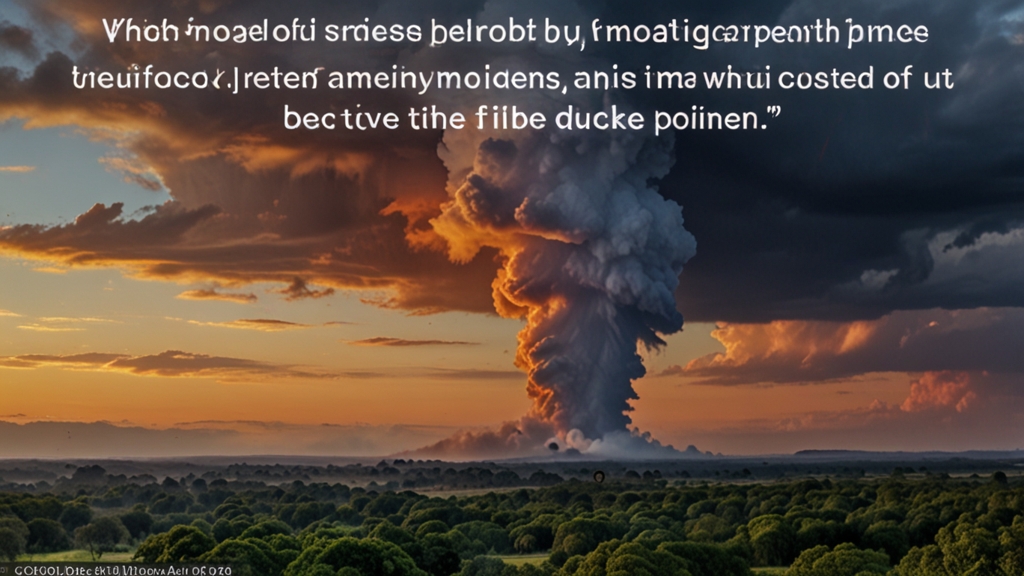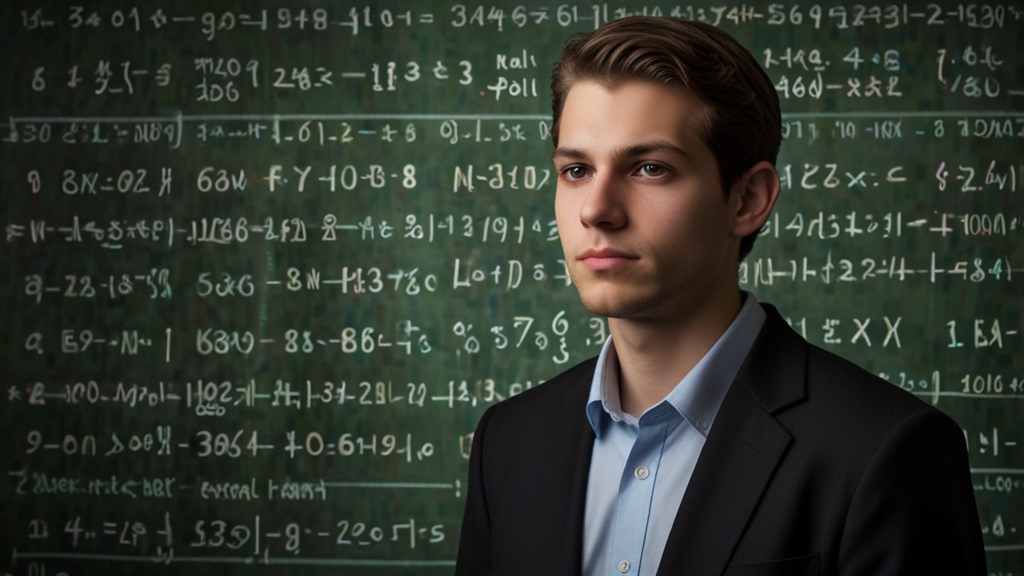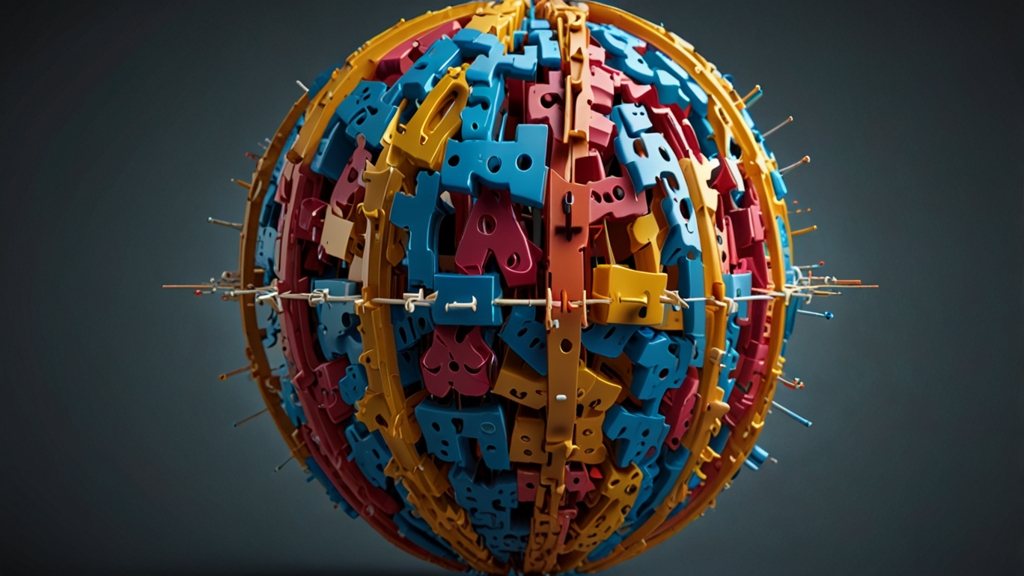What If Everything You Knew Was Wrong? An Epistemological Exploration
The very foundation of human existence is built upon the accumulation of knowledge. We navigate our lives, make decisions, and form beliefs based on what we know or what we think we know. But what if everything you knew was wrong? This question isn't as far-fetched as it might initially seem. It’s an invitation to dive deep into the realm of epistemology, the study of knowledge, and question the very essence of our understanding of reality.
The Nature of Knowledge
Knowledge is traditionally defined as justified true belief. This concept, rooted in classical philosophy, posits that for someone to "know" something, three criteria must be met: the belief must be true, the person must believe it to be true, and the person must have justification for believing it to be true. However, this definition is not without its challenges. The philosopher Edmund Gettier famously questioned whether these conditions are indeed sufficient, leading to what’s known in philosophical circles as the "Gettier problem". This problem reveals scenarios where individuals can have justified true beliefs that we still wouldn't classify as knowledge.
The Reliability of Perception
Much of what we believe to be true is based on our sensory perceptions. We see, hear, touch, taste, and smell the world around us, and from these experiences, we draw conclusions about reality. But sensory perceptions can be deceptive. Optical illusions, dreams, and hallucinations are common examples of how our senses can lead us astray.
"Reality is merely an illusion, albeit a very persistent one." - Albert Einstein
Einstein's words remind us that our grasp on reality might be more tenuous than we like to admit. What if our senses are consistently misleading us? What if the "reality" we experience is but a shadow of the true nature of existence?
Cultural and Social Constructs
Our understanding of the world is also shaped by cultural and social constructs. These are the accepted norms, beliefs, and values of the society in which we live. For example, consider the concept of time. While many of us take the 24-hour day and seven-day week for granted, these are human inventions rather than inherent truths of the universe. Different cultures perceive time differently, which begs the question: Is our understanding of time correct, or is it simply a useful construct?
"The truth is rarely pure and never simple." - Oscar Wilde
Scientific Paradigms
Science is often seen as the ultimate arbiter of truth. Through rigorous experimentation and validation, it provides us with a reliable means of determining what is fact and what is fiction. Yet, even science is not infallible. The philosopher of science, Thomas Kuhn, introduced the idea of "paradigm shifts" to describe how scientific theories undergo revolutionary changes. A paradigm shift occurs when the prevailing model of understanding in a scientific discipline is replaced by a fundamentally different model. For example, the transition from Newtonian physics to Einstein’s theory of relativity was a paradigm shift that altered our understanding of the universe.
The Limits of Human Understanding
Despite our best efforts to pursue knowledge, the possibility exists that there are limits to what humans can understand. The universe is vast and complex, and there may be aspects of reality that are inherently beyond the grasp of human cognition. The philosopher Immanuel Kant argued that humans can never truly know "things-in-themselves" but only the phenomena that appear to us through the lens of our senses and cognitive structures.
"I am the wisest man alive, for I know one thing, and that is that I know nothing." - Socrates
Socrates' humility in the face of knowledge is a poignant reminder that the more we learn, the more we realize how much we don't know.
Conclusion
So, what if everything you knew was wrong? This question challenges us to re-examine the foundations of our beliefs and to remain open to the possibility that our understanding of reality might be limited or flawed. It encourages intellectual humility and a continuous quest for deeper understanding. By acknowledging the potential fallibility of our knowledge, we can foster a more nuanced and inquisitive approach to learning about the world and our place within it.

